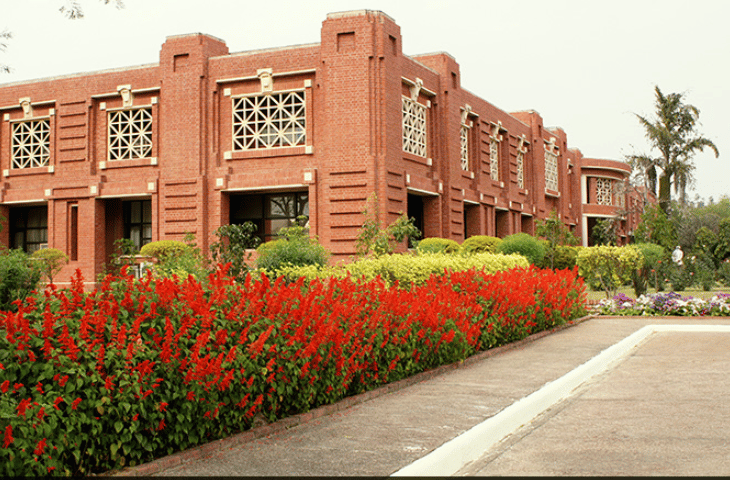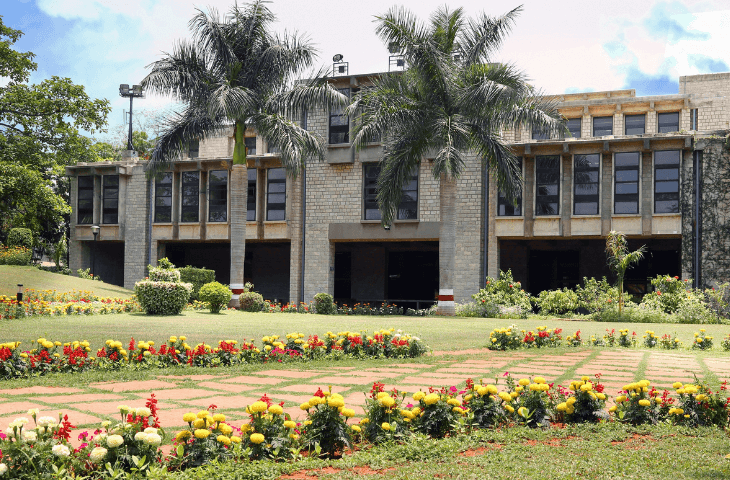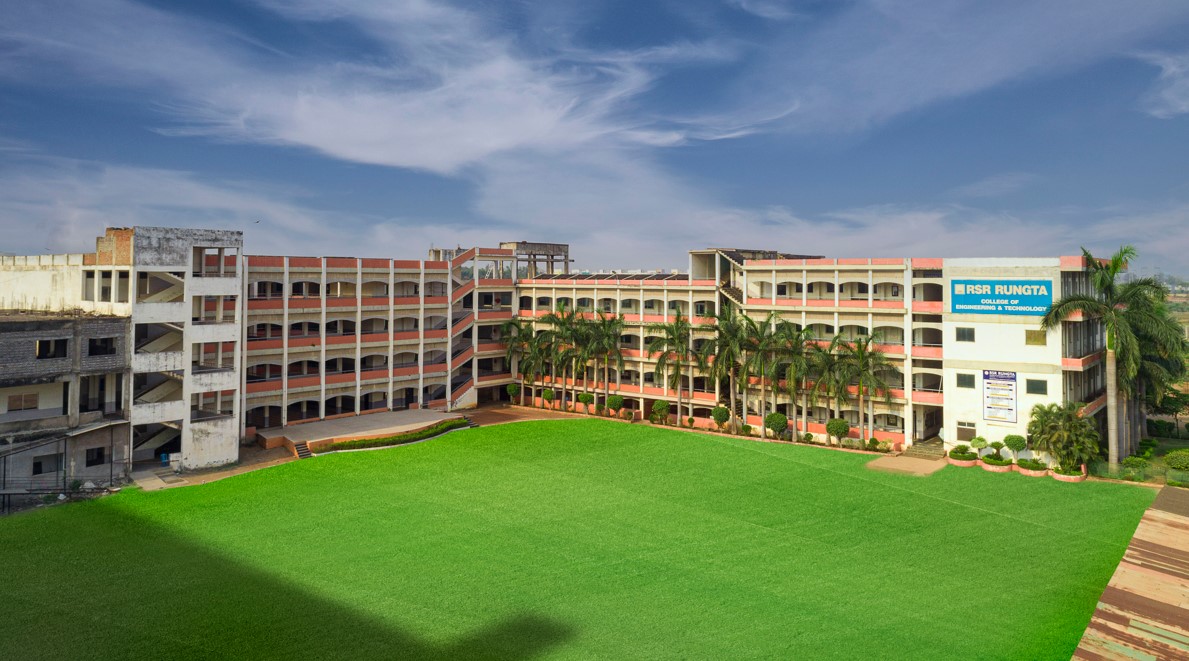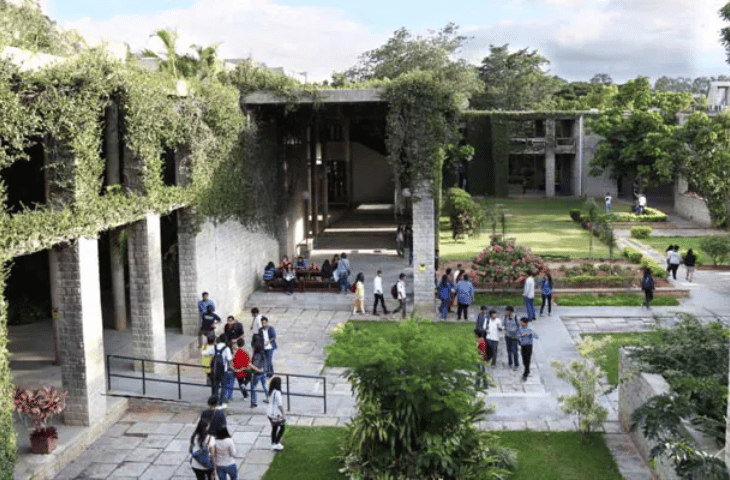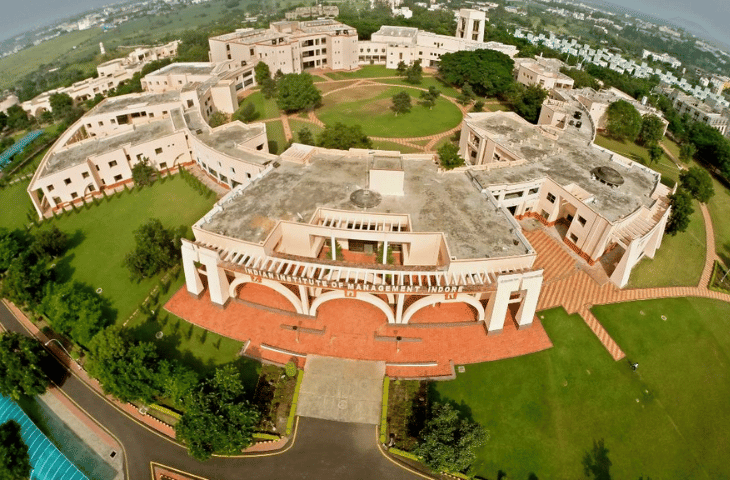CAT Exam VS UPSC Exam
CAT Exam VS UPSC Exam – The CAT (Common Admission Test) and UPSC (Union Public Service Commission) exams are two distinct but highly competitive examinations in India. CAT is primarily for admission into prestigious management programs, while UPSC is the gateway to top-tier civil service positions in the country. This comparison delves into their differences in terms of purpose, format, eligibility, and career prospects, shedding light on the unique challenges and opportunities each examination offers to aspiring candidates.
CAT Exam VS UPSC Exam – Overview
Here’s an overview comparison of the CAT (Common Admission Test) and UPSC (Union Public Service Commission) exams in a table format:
| Aspect | CAT Exam | UPSC Exam |
|---|---|---|
| Purpose | Admission to MBA and related management programs | Recruitment for civil services in India |
| Conducting Body | Various Indian Institutes of Management (IIMs) | Union Public Service Commission (UPSC) |
| Exam Frequency | Annually | Annually |
| Exam Stages | – Written Test (CAT) – Group Discussion and Interview (GD-PI) | – Prelims (CSAT) – Mains (Written) – Interview (Personality Test) |
| Eligibility Criteria | Bachelor’s degree with minimum specified marks | Bachelor’s degree in any discipline |
| Exam Pattern | – Multiple-choice questions (MCQs) – Three sections: Verbal, Quantitative, DI/LR – Duration: 2 hours | – Objective MCQs (Prelims) – Essay and subjective questions (Mains) – Duration: Several days (Mains) |
| Scoring | Scaled scores in each section | Subjective evaluation (Mains) |
| Competition Level | Highly competitive with large applicant pool | Extremely competitive with limited seats |
| Career Prospects | Admission to top B-schools, corporate jobs | Recruitment into the Indian Civil Services |
| Preparation Duration | Typically a few months of focused preparation | Often requires years of dedicated study |
| Geographic Scope | All India | All India |
CAT Exam VS UPSC Exam – Exam Format
Here’s a comparison of the exam format for CAT (Common Admission Test) and UPSC (Union Public Service Commission) exams in a table format:
| Aspect | CAT Exam | UPSC Exam |
|---|---|---|
| Exam Format | Computer-based Test (CBT) | Pen and Paper Test (PPT) |
| Total Papers/Sections | Three Sections: 1. Verbal Ability and Reading Comprehension 2. Data Interpretation and Logical Reasoning 3. Quantitative Ability | Two Papers in Prelims (CSAT and GS) and Seven Papers in Mains (Essay and six subjects chosen by the candidate) |
| Duration | 2 hours (60 minutes for each section) | 2 hours for each paper in Prelims Various durations for Mains papers |
| Question Types | Multiple-choice questions (MCQs) Non-MCQs (Subjective answers) in Data Interpretation and Logical Reasoning | Objective Multiple-choice questions Subjective (Essay and long answers) in Mains |
| Negative Marking | Yes | Yes |
| Syllabus | Verbal, Quantitative, DI/LR topics as per CAT guidelines | Broad syllabus covering various subjects, including History, Polity, Geography, Economics, and more |
| Language Medium | English | English and Regional Languages |
| Regional Languages | Some CAT test centers allow for regional language options (as per availability) | Candidates can choose from various regional languages for Mains |
CAT Exam VS UPSC Exam – Exam Syllabus and Pattern
CAT Exam VS UPSC Exam – Exam Syllabus
Here’s a detailed comparison of the exam syllabus for CAT (Common Admission Test) and UPSC (Union Public Service Commission) exams in a table format:
| Aspect | CAT Exam | UPSC Exam |
|---|---|---|
| Verbal Ability and | – Reading Comprehension | Preliminary Exam (Prelims): |
| Reading Comprehension | – Critical Reasoning – Vocabulary – Grammar – Para Jumbles – Sentence Correction | 1. General Studies Paper I (GS Paper I) 2. General Studies Paper II (CSAT) Main Exam (Mains): 1. Essay Paper 2. General Studies Paper I to IV 3. Optional Subject Paper I and II |
| Data Interpretation and | – Data Interpretation | Prelims: 2 hours for each paper |
| Logical Reasoning | – Logical Reasoning – Data Sufficiency | Mains: Varied durations for each paper |
| Quantitative Ability | – Arithmetic – Algebra – Geometry – Trigonometry – Number Systems – Modern Mathematics | Prelims: Objective MCQs Mains: Subjective (Essay and long answers) |
| General Studies – History, Polity, Geography, Economics, Science, and Technology | N/A | Wide-ranging topics including History, Polity, Geography, Economics, Science and Technology, and more |
| Optional Subjects (if applicable) | N/A | Candidates choose one optional subject from a list of subjects. |
| Essay Writing (Mains) | N/A | One essay paper on a given topic. |
CAT Exam VS UPSC Exam – Exam Pattern
Here’s a detailed comparison of the exam pattern for CAT (Common Admission Test) and UPSC (Union Public Service Commission) exams in a table format:
| Aspect | CAT Exam | UPSC Exam |
|---|---|---|
| Mode of Examination | Computer-based Test (CBT) | Pen and Paper Test (PPT) |
| Number of Papers/Sections | Three Sections: 1. Verbal Ability and Reading Comprehension 2. Data Interpretation and Logical Reasoning 3. Quantitative Ability | Two Papers in Prelims (CSAT and GS) and Seven Papers in Mains (Essay and six subjects chosen by the candidate) |
| Duration | 2 hours (60 minutes for each section) | 2 hours for each paper in Prelims |
| Question Types | Multiple-choice questions (MCQs) and Non-MCQs (Subjective answers) in Data Interpretation and Logical Reasoning | Prelims: Objective MCQs Mains: Subjective (Essay and long answers) |
| Negative Marking | Yes | Yes |
| Language Medium | English | English and Regional Languages |
| Regional Languages | Some CAT test centers allow for regional language options (as per availability). | Candidates can choose from various regional languages for Mains. |
| Syllabus Coverage | Specific topics as per CAT guidelines | Broad syllabus covering various subjects, including History, Polity, Geography, Economics, Science and Technology, and more |
CAT Exam VS UPSC Exam – Exam Difficulty
Here’s a comparison of the exam difficulty for CAT (Common Admission Test) and UPSC (Union Public Service Commission) exams in a table format:
| Aspect | CAT Exam | UPSC Exam |
|---|---|---|
| Exam Difficulty | Highly competitive and challenging, primarily tests quantitative, logical, and verbal aptitude. | Extremely competitive and considered one of the toughest exams in India. Requires in-depth knowledge of a wide range of subjects and current affairs. |
| Competition Level | Intense competition due to limited seats in top B-schools; high number of applicants. | Fierce competition with a low success rate due to a limited number of positions and a large number of aspirants. |
| Preparation Duration | Typically requires a few months of focused preparation. | Often requires years of dedicated study and continuous learning. |
| Subjects | Primarily tests quantitative, logical, and verbal aptitude. | Covers a wide array of subjects, including History, Polity, Geography, |
| Syllabus Coverage | Specific syllabus for each section; syllabus not as extensive as UPSC. | Vast and diverse syllabus, especially in Mains, covering various subjects. |
CAT Exam VS UPSC Exam – Eligibility Criteria
Here’s a comparison of the eligibility criteria for CAT (Common Admission Test) and UPSC (Union Public Service Commission) exams in a table format:
| Aspect | CAT Exam | UPSC Exam |
|---|---|---|
| Educational Qualification | Bachelor’s degree in any discipline from a recognized university or equivalent. | Bachelor’s degree in any discipline from a recognized university or equivalent. |
| Minimum Marks | Generally, a minimum of 50-55% aggregate or equivalent, is required in the bachelor’s degree. | No specific minimum marks requirement, but candidates must pass their qualifying exam. |
| Final Year Students | Final year students can also apply, provided they complete their degree requirements by the specified deadline. | Final year students can also apply, provided they complete their degree requirements before the interview stage. |
| Age Limit | No age limit for appearing in the CAT. | Age limits vary based on the category: – General Category: 32 years – OBC: 35 years – SC/ST: 37 years – PwD: 42 years |
| Number of Attempts | No restriction on the number of attempts; candidates can appear for CAT multiple times. | – General Category: 6 attempts – OBC: 9 attempts – SC/ST: Unlimited attempts – PwD: Up to age limits |
CAT Exam VS UPSC Exam – Exam Fees
Here’s a comparison of the exam fees for CAT (Common Admission Test) and UPSC (Union Public Service Commission) exams in a table format:
| Aspect | CAT Exam | UPSC Exam |
|---|---|---|
| Application Fee | Approximately INR 2,000 to INR 2,500 (varies based on category and exam center) | – General Category: INR 100 – OBC: INR 100 – SC/ST/Female candidates: No fee – PwD candidates: No fee – Candidates with benchmark disability: No fee |
| Number of Papers | Single paper exam | Multiple papers in Prelims and Mains |
| Additional Fees | None | – Late fee for applications submitted after the deadline: INR 200 – Withdrawal of application: INR 1000 |
| Mode of Payment | Online (credit/debit card, net banking) or Bank Challan (for some banks) | Online (credit/debit card, net banking) or Bank Challan (for some banks) |
CAT Exam VS UPSC Exam – Frequently Asked Question
1. What is the primary purpose of the CAT and UPSC exams, and how do they differ?
CAT: The CAT exam is primarily for admission to postgraduate management programs (MBA) in prestigious institutions like IIMs. UPSC: The UPSC exam is conducted to recruit candidates for various civil services positions in the Indian government, including the IAS, IPS, and IFS.
2. How do the exam formats of CAT and UPSC differ?
CAT: CAT is a computer-based test with multiple-choice and subjective questions, focusing on quantitative, verbal, and logical reasoning skills. UPSC: UPSC consists of a two-stage exam process: Prelims (MCQs) and Mains (subjective), covering a wide range of subjects.
3. Are there any age restrictions for appearing in the CAT and UPSC exams?
CAT: There is no specific age limit for the CAT exam. UPSC: The age limit varies depending on the candidate’s category and can range from 32 to 42 years.

